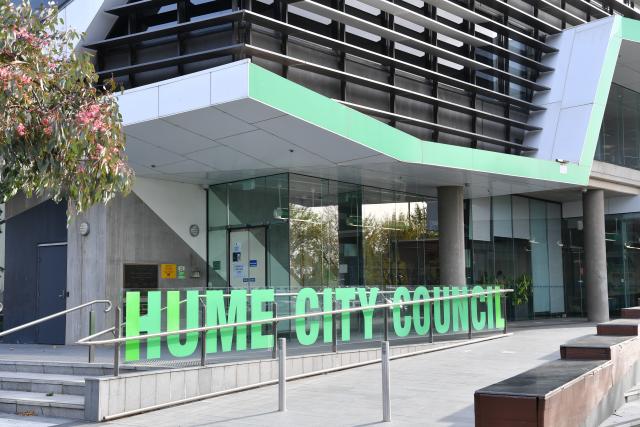While Australia’s unemployment rate remained at four per cent in March, some say the figure isn’t all cause for celebration – especially in light of workforce shortages across Victoria.
And it’s being felt close to home, throughout Sunbury and the Macedon Ranges.
The Australian Bureau of Statistics (ABS) figure was described by the agency’s head of labour statistics Bjorn Jarvis as “the lowest the unemployment rate has been in the monthly survey”.
However, Australian Chamber of Commerce and Industry chief executive Andrew McKellar said businesses are facing “acute pressures”.
“The stabilising of the unemployment rate at four per cent has coincided with the most severe workforce shortages in 48 years alongside the highest job vacancy rates since records began,” Mr McKellar said.
Sunbury Business Association president Michael Osborne said he’d seen business owners were having to fill the gap in their workforce because it was so hard to find staff.
“A local fruit and veggie owner… has to do the deliveries himself because he cannot find anyone to deliver fruit and veggies,” Mr Osborne said.
“Not only is he having to go and source the produce, with an early morning start, he then has to come back, pack it and deliver it, as well because he just cannot get someone to perform that role.”
He said because of the lack of workers in the country, either as international students or migrants, meant employees had more bargaining power when it came to looking for a job.
“We don’t have those extra students doing those front of house or hospitality-type jobs,” Mr Osborne said.
Simon Fenwick, owner of Monsieur Pierre in Kyneton, said so far, 2022 had been “the hardest start to a year yet”.
“There’s not the 18-to-25 year olds that are looking for work in the [hospitality] industry, and they’re the sort of bread and butter as far as we’re concerned,” Mr Fenwick said.
Mr Fenwick put a lack of hospitality workers in the Macedon Ranges not down to immigration, but to the housing crisis in the region.
“A young family couldn’t afford to come up here and work, given there’s not the availability or the supply of rentals,” he said.
He said the worker shortages weren’t specific to hospitality either.
“There’s a real blight on the regional element of employment, I’ve been in hospitality for 35 years and I just don’t have the answer to it,” Mr Fenwick said.
Mr McKellar said the Australian economy was operating at “full capacity”, and an ambitious plan was needed to resolve the labour and skills shortages faced by businesses.
“Without a comprehensive strategy to address workforce shortages, businesses who are already stretched with an ultra-tight labour market will be pushed to breaking point,” Mr McKellar said.
“The next federal government must pull all the levers it can to address chronic skills shortages.”







